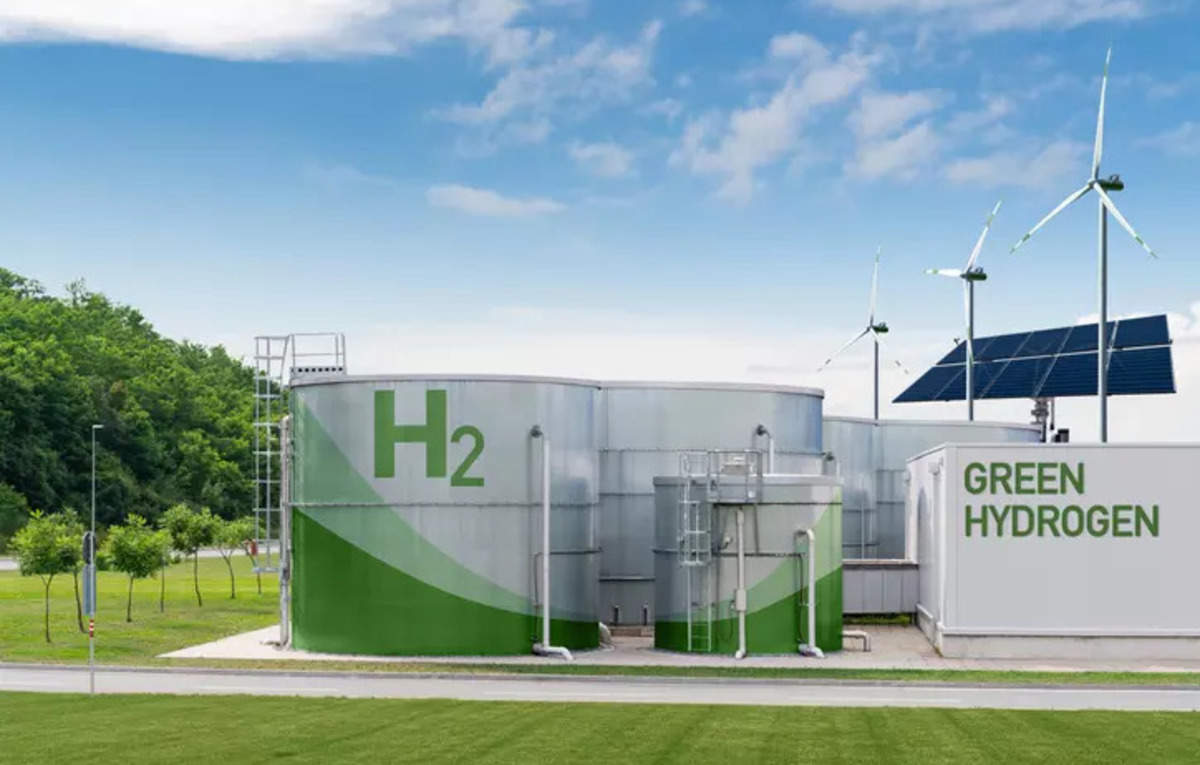Global Acceleration: Low-Emissions Hydrogen Production Set to Surge by 2030
Key Ideas
- IEA predicts a fivefold increase in global low-emissions hydrogen production by 2030, with 20GW of electrolyser capacity already decided, led by China.
- Challenges include regulatory uncertainties and cost pressures, but strong investor interest is evident in reducing emissions from industrial sectors like steel and chemicals.
- Demand creation is crucial for project success, with a significant gap between production and demand targets indicating the need for policy support in stimulating demand.
- Latin America emerges as a potential hub for low-emissions hydrogen production, with immediate opportunities in refining and ammonia production while export strategies develop over time.
The International Energy Agency (IEA) Global Hydrogen Review 2024 forecasts a substantial surge in global low-emissions hydrogen production, potentially reaching 50 million tonnes annually by 2030. China leads with over 40% of new capacity from electrolyser projects. While project announcements are increasing, challenges such as regulatory uncertainties and cost pressures persist. Despite these hurdles, strong investor interest is seen in mitigating emissions from industrial sectors like steel and chemicals. To ensure project viability, clear regulations, cost reduction, and demand creation are highlighted as essential. The report emphasizes the critical role of stimulating demand to bridge the significant gap between production and demand targets. Latin America is identified as an emerging hub for low-emissions hydrogen production, focusing on refining and ammonia initially for domestic use, with long-term export strategies evolving. The IEA's findings stress the need for policymakers and developers to collaborate on tools that support demand growth while ensuring a conducive regulatory environment for further investments in the hydrogen sector.
Topics
India
Renewable Energy
Energy Transition
Latin America
Global Production
Industrial Sectors
Regulatory Challenges
Demand Stimulation
Investment Decisions
Latest News
